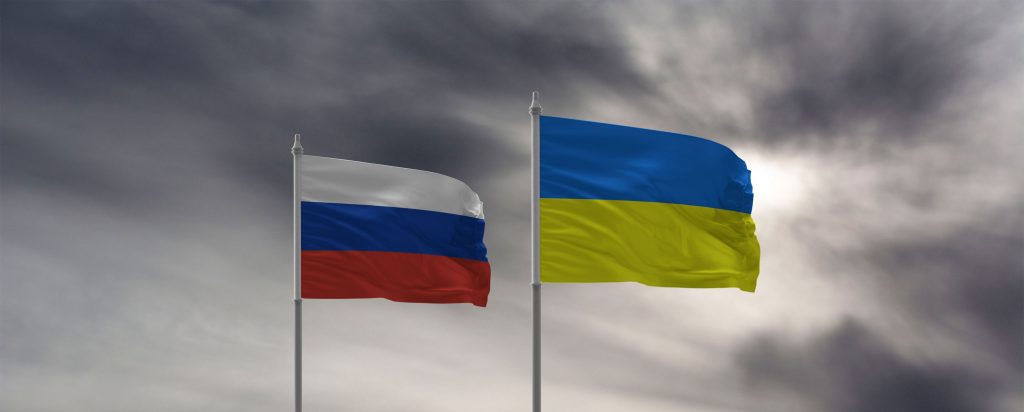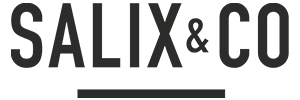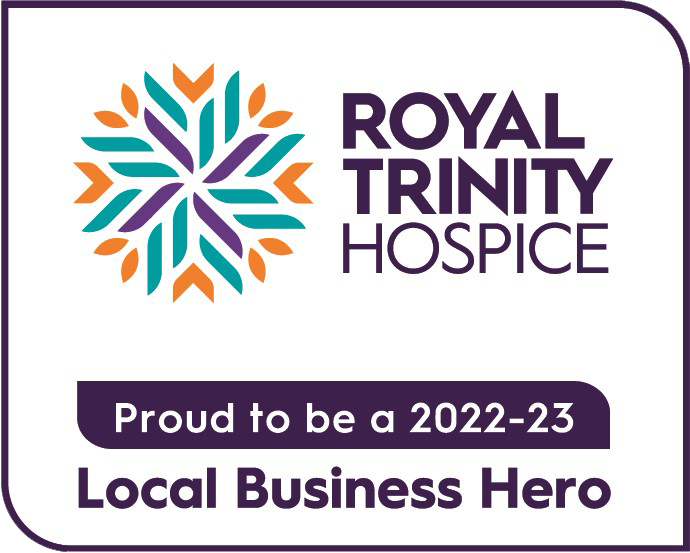
Burying bad news
Back in September 200, most of the world watched in horror as the World Trade Center towers collapsed. Not everyone was frozen into inaction however. A combative special advisor to the then Transport Secretary, Stephen Byers, was watching the events unfold from her home. At some point between the first and second tower crumbling, she sent what is now an infamous email. “Today is now a very good day to get out anything we want to bury. Councillors’ expenses?”.
Full points if you remembered the relatively innocuous news that the author, Jo Moore, was suggesting could be eclipsed by the world’s greatest act of terrorism.
Her email has become synonymous with the darker side of PR – and eventually did for Moore, Byers, and, indeed, his whole department.
20 years on, there’s something of a diversion going on as Russia appears to be starting World War III. As posed in last week’s Insight, the build up to this has proved politically handy to embattled Messrs Johnson and Biden.
However distasteful it may seem, seasoned communications pros will be weighing up what uncomfortable news might be spun as Ukraine burns. There is no shortage of awkward issues the government has to address, not least the bottomless money pit that is the NHS. Indeed, the (thankfully metaphorical) tanks have been lining up in hospital car parks for some time.
The £150 billion a year it costs for a “free” health service clearly isn’t enough. But then almost any figure you choose won’t be enough and gaining further efficiencies from the system remains a Sisyphean stone rolling exercise in futility.
At some point, the universal “free” at the point of delivery system will have to be supplemented and demand managed – ie, reduced. So, while the world’s attention is on World War III, keep an eye out for a few reverse ferrets.
For example, shouldn’t the NHS start taking the money from gambling companies again? Last week, presumably fearing the negative association, gambling organisations’ money ceased rolling into the NHS. This is nonsensical.
If an industry perpetuates problem gambling, shouldn’t it contribute towards the treatment of those who become addicted? While we’re at it, shouldn’t the booze companies subsidise treatment for problem drinkers? And, what’s happened to the sugar tax? How about Meta or Tiktok being arm-wrestled to pay the taxes they owe to help support the mental wellbeing of our young people? You can’t stop people gambling, drinking, eating badly or being glued to social media. But you might reduce the burden on the health services with a little imaginative taxing.
Next, let’s stop pretending the NHS is free. GPs, dentists, opticians and pharmacists operate a business model based on a mix of private and rapidly shrinking state payments. The former actually subsidises the latter and to some extent, reduces demand on the NHS. The systemic suspicion of “the independent sector” in health is still widely held. Nobody wants to countenance an American system, but the Europeans largely manage a health system in which there’s a bit of both.
So, watch out for leaked emails proposing radical rearrangements of the NHS while backs are turned. It may be a welcome diversion from the horror that is unfurling in Eastern Europe.
Follow Salix & Co on Twitter @salix_says and more daily health and social care news and comment at Salix Bureau

